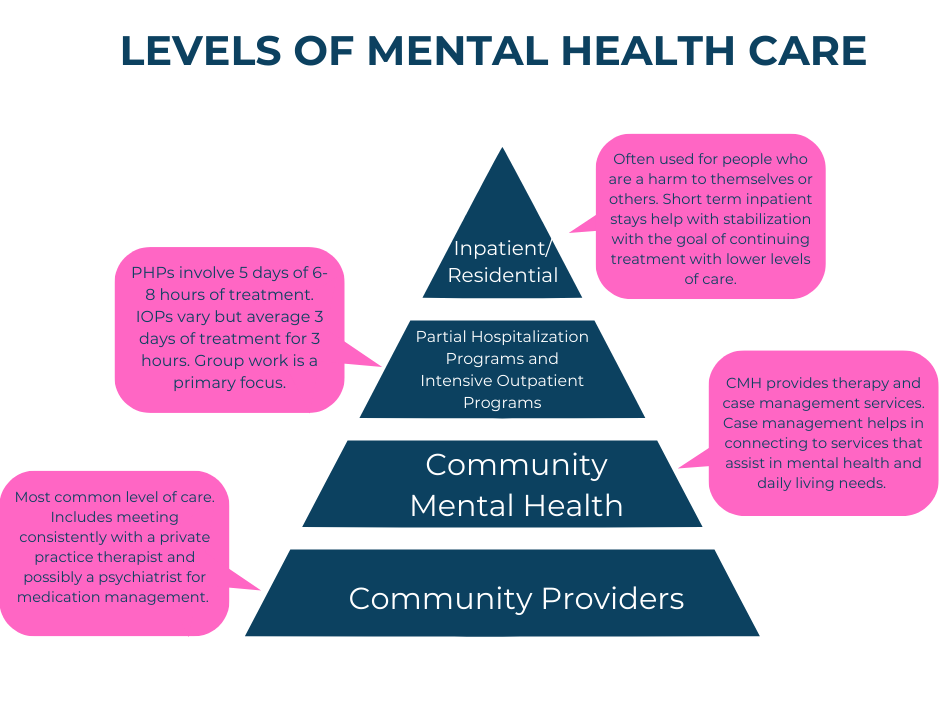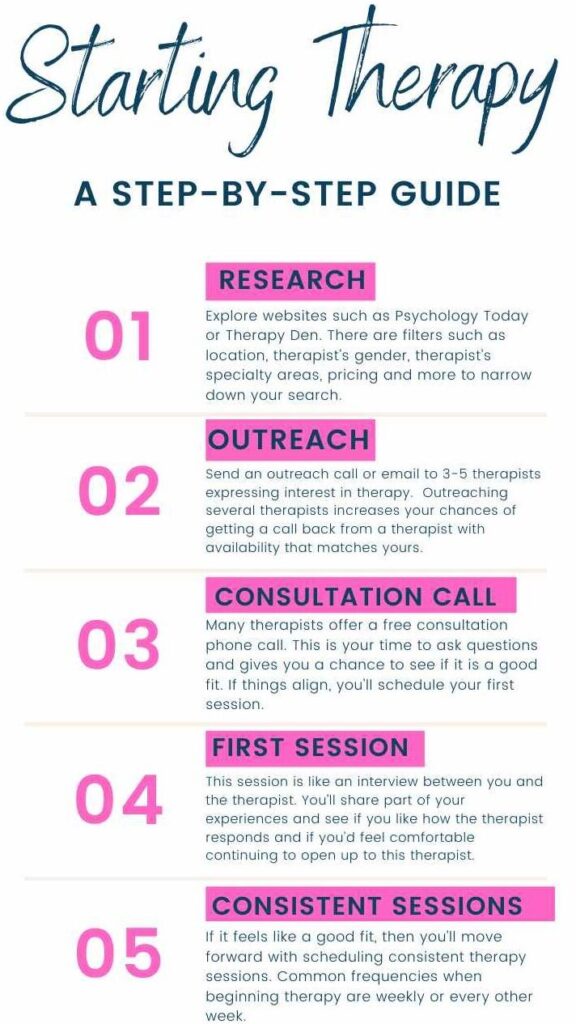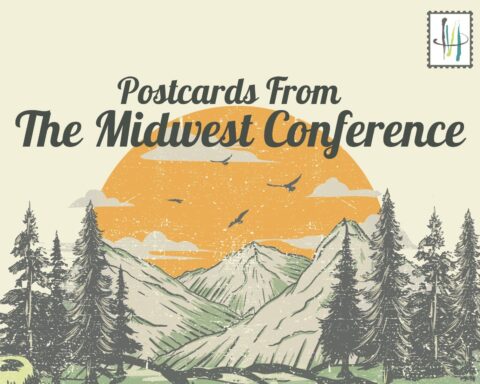Metacognition is likely not a word that makes its way into your daily vocabulary, but it is something you do multiple times a day.
Simply put, it’s thinking about your thinking. Very few species engage in this higher level of thinking and it is a key component in what has allowed us to develop and become as civilized as we are. It allows us to figure out ways to ease daily problems we encounter, often to make living a bit more enjoyable.
Metacognition can sometimes overstay its welcome, though. Sometimes, we can get stuck in spirals and begin overanalyzing and ruminating on our thinking. I have found myself doing this often lately, especially with my son.
When he was born, I was working full-time and knew very quickly I wanted to transition to a job with fewer hours. Now, I own my private practice where I work roughly 10 hours a week, and the rest of the time I’m home with my son. It’s a dream balance.
My son is now in full-blown toddlerhood and I’ll admit, it’s not for the faint of heart. There have been some occasions lately where I can do little more than take a deep breath and ensure I’m regulated because I’m at a loss for what to do to help regulate my son.
And it is in these moments that my metacognition starts to run rampant.
This is what you’ve always wanted, shouldn’t you just be grateful and happy?
You’re a therapist, how can you not know how to handle your son’s emotions?
Remember how it felt to be at work over 45 hours a week? You shouldn’t feel overwhelmed now that you spend so much time with your son.
Thankfully, I recently read a quote by Mark Manson where he points out that sometimes metacognition can burden us far more than help us.
And I realized that’s what has been happening. Do I want to stay regulated and be a safe place for my son when he’s overwhelmed? Absolutely. But, I’m also allowed to get overwhelmed and frustrated sometimes. These are emotions, and we are supposed to feel them. I don’t want my son to learn from me that you can’t feel what naturally comes up for you. I would rather he learn how to healthily cope with what emotions naturally come up for us.
So, I’ve been intentionally leaning much more toward mindfulness versus metacognition lately. Whereas metacognition is thinking about our thinking, mindfulness is awareness of our thinking.
Metacognition can bring forth judgments about our thinking, while mindfulness is non-judgemental awareness. When I’m mindful, I note that I’m frustrated, but I don’t get caught up in how I should be feeling or how I want to be feeling. It simply is what it is. I ride the wave of the emotion and keep going.
Now, I don’t want to dismiss metacognition. Metacognition can help me notice patterns when I’m getting frustrated with my son and ways I can better navigate these situations moving forward. But, when I notice that metacognition has strayed to being shaming, I give it a specific time and space, such as journaling in the evening. And then, other than that journaling time, I instead strive to engage with mindfulness.
This dance between metacognition and mindfulness may take a minute to get used to. But, if you have noticed that being inside your head has become tiring and overwhelming, or your processing with others has become self-critical and you keep getting stuck, perhaps metacognition is overstaying its welcome. Instead, I encourage you to transition to mindfulness when you can, continuing to be aware of what you feel, but letting go of judgment towards it.
Warmly,
Kylie Larson, MA, LPC
More resources…
Find Kylie’s reading commendations by clicking here.











